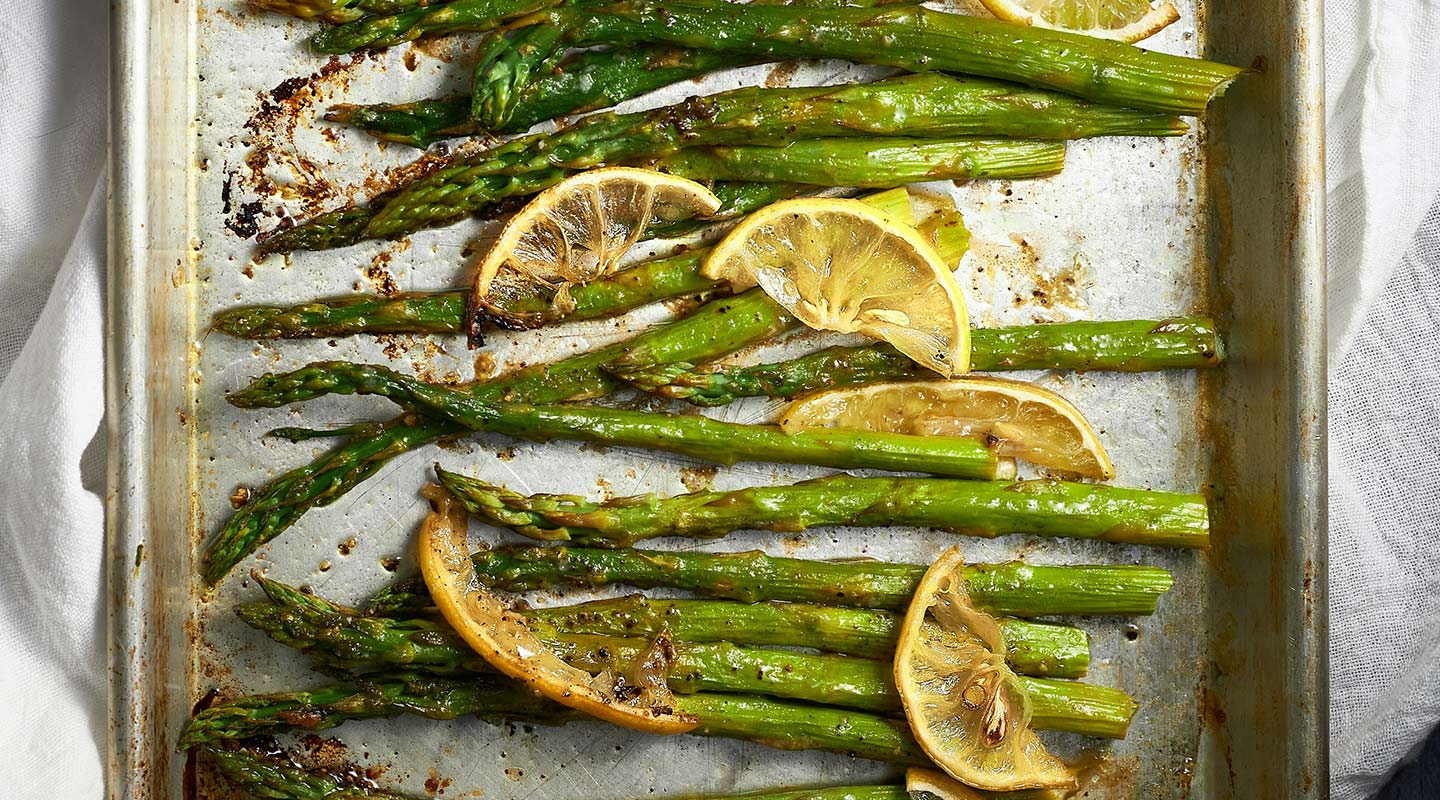
by Stephanie Margolis, R.D.
Gut health is a term you’ve probably heard tossed around a lot lately. Typically, your gut is referring to the 21 feet of small and large intestine; however, in articles and blogs you may also find it extended to include your pancreas, liver, esophagus, and stomach. Our intestines work to absorb all the good and not-so-good foods we eat each day while our pancreas and liver work to metabolize those foods and remove waste. There is also a strong connection between the gut and the brain through the vagus nerve, hormones, and other neurotransmitters.
The health of your gut isn’t just about the anatomy of the space. but also what can only be seen under a microscope — your microbiome. The gut microbiome is something you are born with, but it is also influenced by what you eat on the regular. It is made up of helpful bacteria that help digest food called probiotics and prebiotics. You’ve probably heard of these little guys before, but did you know that they were just a small part of an entire little universe living in there — hence the “biome” of microbiome.
In your gut, you have good bacteria working day and night to break down what you eat and promote all the good stuff (digestion, signaling to the brain, energy, etc.). They are also keeping the bad bacteria in check. The bad bacteria can come from unhealthy foods we eat and our environment. When all is balanced, our body works in equilibrium. However, if the bad bacteria take over or our good bacteria can’t keep up, then we start to see physical symptoms such as pain, bloating, fatigue, and more serious conditions such as anxiety, depression, and even irritable bowel syndrome.
Steps to Keep Your Gut Healthy
Good news! There are things you can do each day to keep your gut in check and feeling your best.
- Exercise! Getting your body moving each day not only helps your heart, lungs, and muscles, there’s also evidence that regular exercise (at least 150 minutes per week) can increase the diversity of good bacteria in your gut, help to speed digestion (moving foods through they system faster), and promote overall gut health.
- Eat less sugar and sweeteners. Like many things nutrition-related, it’s not just about what you DO eat but also about what you avoid. Sugar and sweeteners are in the avoid column. Sugar is known to negatively impact the gut microbiome by inhibiting the production of good bacteria. Artificial sweeteners have been found to increase your chances of developing metabolic syndrome (diabetes, high blood pressure, and heart disease) along with impacting how well your body can regulate glucose levels. Basically, eating these foods regularly not only impacts the gut in the short term but can impact your overall health in the future.
- Reduce stress. To help your body heal after stress (good and bad) from the day it is important to get enough rest at night. If you find you are having trouble falling asleep or staying asleep, look at your food intake during the day. If you are eating too close to bedtime, having caffeine late in the day, or filling up on sugars and fats it can inhibit your sleep cycle. We’ve talked about this before, check it out HERE. If you find an issue beyond food, be sure to check in with your physician.
- Eat more fiber and fermented foods. Probiotics and prebiotics are key for gut health and there are plenty of places to find them in food. Fiber is the body’s broom, but especially helpful are those sources of prebiotic fiber. These include bananas, onions, garlic, leeks, asparagus, artichokes, and soybeans. Don’t forget those whole grains too! Fermented foods are everywhere now, and you can even find recipes to easily do them at home. Think of adding foods like kimchi, sauerkraut, and pickled veggies for probiotics. Yogurt is another food full of probiotics. Look for lactobacilli and bifidobacterial on the label or food packaging, and try to avoid the sugar packed varieties. You can simply add these foods individually or power them up by combining pre- and probiotic foods. For example, stir-fry asparagus and tempeh for dinner, or start your day off with yogurt and bananas to get both.
